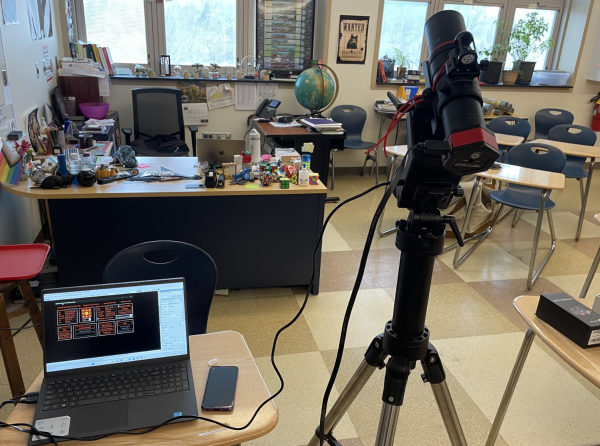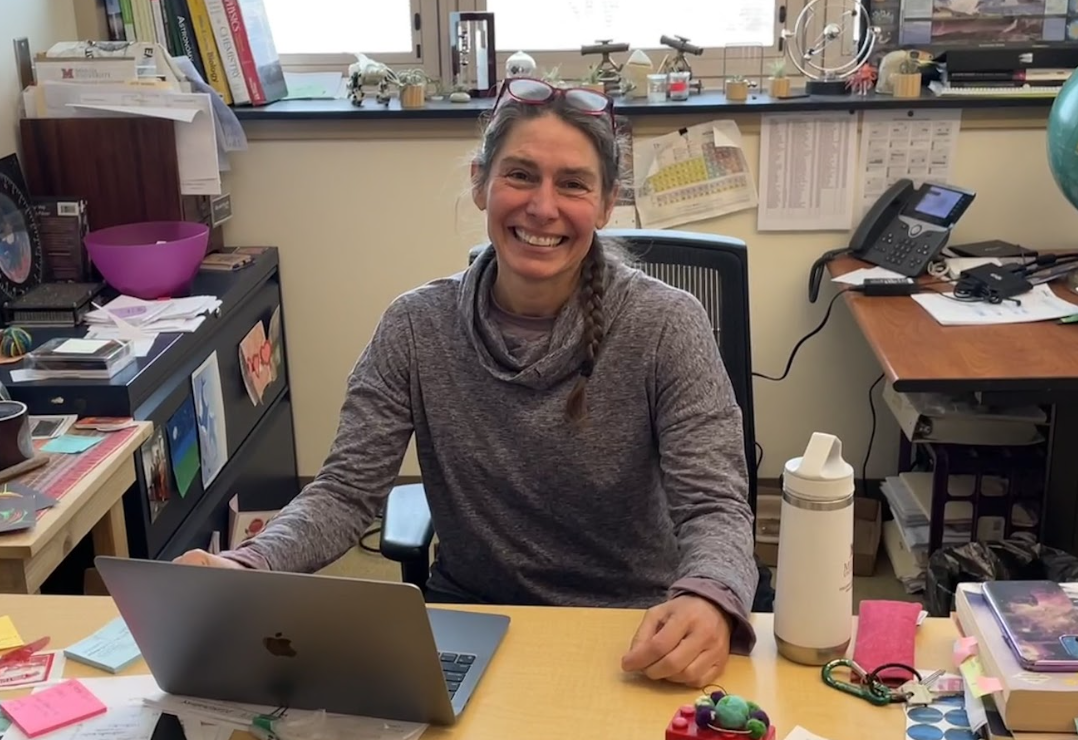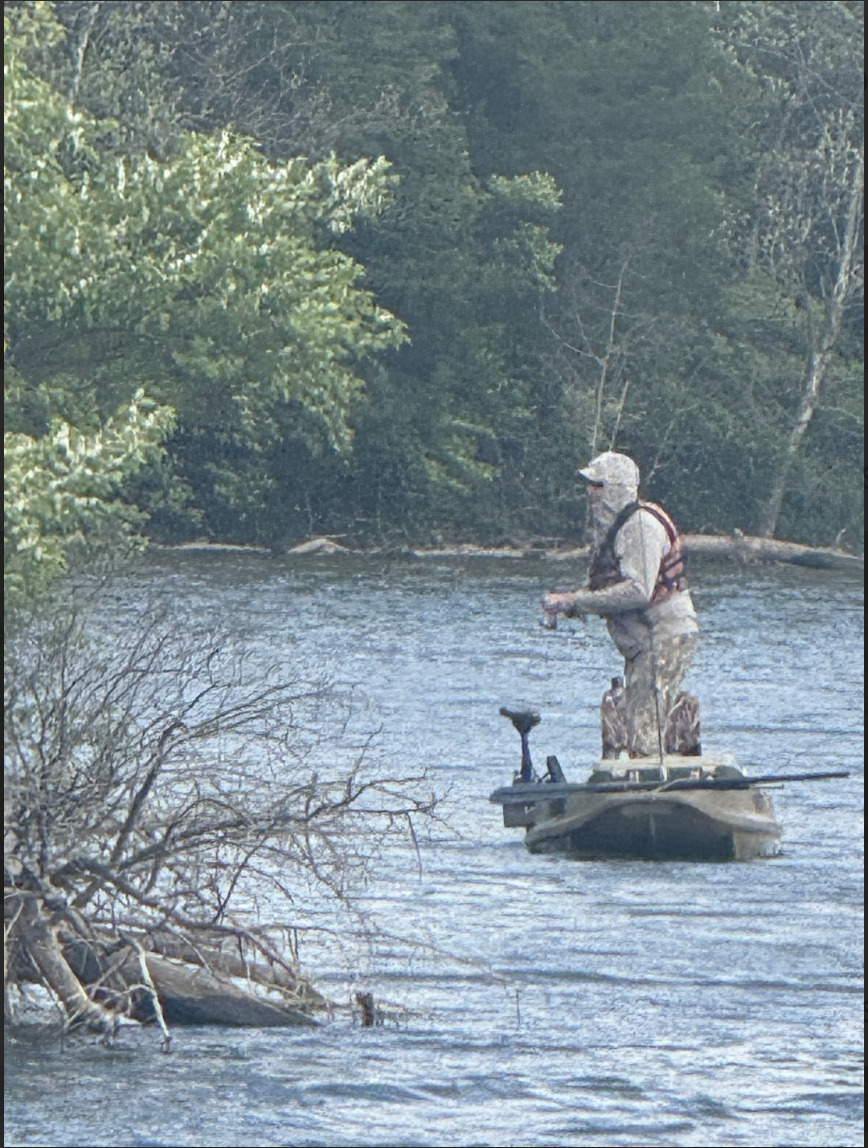On April 8, 2024, a swath of North America will fall under the path of a total solar eclipse — the second to occur since 1979 — where the moon completely blocks the sun.
Oxford falls neatly under the eclipse’s path, and a group of Talawanda High School and Miami University students will come together to record the event.
The project started when Heidi Schran, an astronomy and biology teacher at the high school, applied for a grant through Southern Illinois University. The university had $50,000 of funding that they split between 20 groups for training. Southern Illinois provided equipment to document the eclipse as well. One piece of equipment the school received was a telescope with technology to automatically track the moon’s rotation during the eclipse, which will also be able to be used in classes.

Of the 70 groups collecting images of the eclipse, Oxford was one of only a few school-based groups, Schran said. The images will be uploaded to the internet for researchers to use, with group members’ names potentially included in research papers that use the images.
“Part of it is just exciting to be able to offer this opportunity for these students,” Schran said. “Their research data that will be up on the website, anybody that publishes a scientific paper using the data, then these guys are co-authors.”
Until April, the students will work with the equipment by practicing taking photos of the moon or the sun. Schran will lead the group of Talawanda students and Miami professor Joanna Hohn will coordinate with university students.
Addison Greene, a junior Talawanda student, is one of the nine Talawanda students on the project.
“Eclipses are really cool, and this is going to be probably one of the only total eclipses, maybe the only total eclipse, that I’ll see in my life,” said Greene, who is also working with Schran to earn a gold girl scout award for research.
Leading up to the eclipse, students will host information sessions for the public. Greene said she’s excited that she’ll be able to improve her public speaking and present her own research.
Olive Rice, a first-year Talawanda student, said that a passion for science was the inspiration for joining the hands-on experience.
“I like the fact that we can collect data, we can look at the real world and we can come to conclusions about how that day will further our knowledge and our understanding of how everything works,” Olive said.
The students won’t be the only people in Oxford watching the eclipse. People are expected to travel to Oxford to get the best view of the eclipse, and the city will hold a festival, movie marathon and an eclipse watch party, according to the city’s website. Students at Talawanda will also have the day of the eclipse off.
Schran encourages people to watch the eclipse and take in the beauty of such a large-scale event.
“There’s so much happening that we don’t pay any attention to, because we’re so focused on our drive to work or whatever we’re interacting with tangibly,” Schran said. “This is a reminder that there’s a lot of other big things out there that affect us.”







